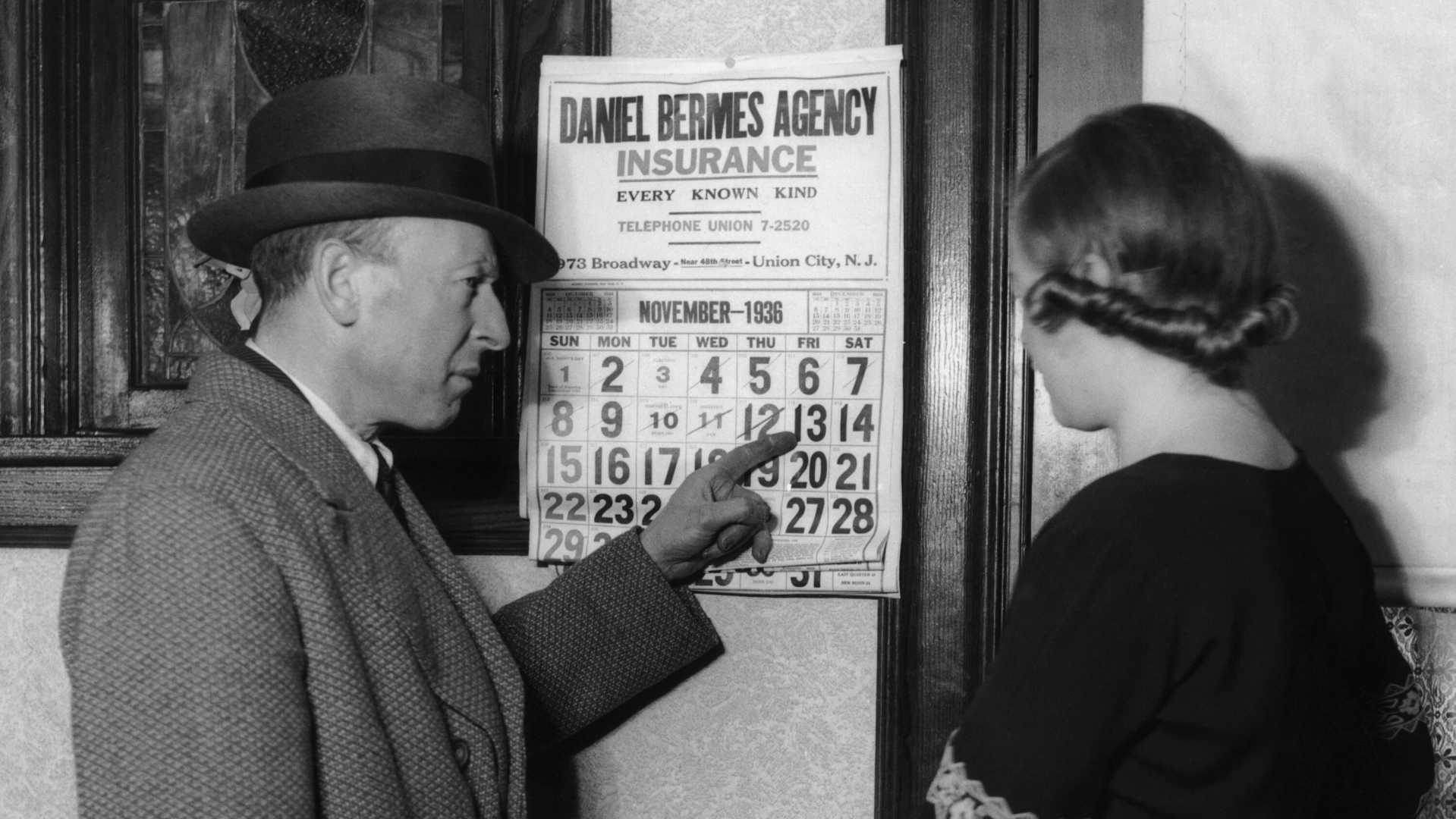News
The Origins and Impact of Friday the 13th Superstitions

Friday the 13th is infamous for being an unlucky day, with deep roots in history, religion, and mythology. Combining fears of the number 13 and the significance of Friday, this superstition has impacted cultures globally, influencing behavior and even economics.
In many Western cultures, Friday the 13th is considered an unlucky day. The superstition combines the fear of the number 13, often associated with bad luck, and Friday, a day historically linked to misfortune. Christianity is one of the most significant roots of this superstition. At the Last Supper, Jesus dined with twelve of his disciples, including Judas Iscariot, who was specifically chosen to betray him. Thirteen people were present at the supper, which took place on Maundy Thursday, followed by Jesus’ crucifixion on the next day, Friday, thus linking Friday with adversity.
In Norse mythology, numbers play an important role. One example is the thunder gods’ feast in Valhalla, where 12 gods attended. Loki, the god of mischief, arrived as the thirteenth guest and caused the death of Balder, who represented light and joy among the gods. This myth contributed to the stigma surrounding the number 13.
Another reason Friday the 13th is considered unlucky comes from the arrest of the Knights Templar on October 13, 1307. King Philip IV of France ordered the capture and execution of many Templars, marking the day with ill fortune. People have strengthened this superstition through various cultural products, such as literature and movies. In the United States, T.W. Lawson awakened the idea in his 1907 novel “Friday, the Thirteenth,” which tells the story of a stockbroker who exploits the date to create financial panic using that superstition.
Today, this fear of Friday the 13th has a name—paraskevidekatriaphobia. The word “Paraskevi” means “Friday” in Greek, while “triskaidekaphobia” refers to the fear of the number 13. Although there is no scientific explanation to support the claim that Friday the 13th is unlucky, it can still cause negative outcomes. Some people avoid traveling, making major purchases, or even getting married on this day, which has both social and economic implications. For example, estimates suggest that the U.S. economy loses $800 million every Friday the 13th due to people’s avoidance behavior.
Interestingly, Friday the 13th is considered unlucky in some cultures but not in others. In countries like Spain and Latin America, Tuesday the 13th is deemed unlucky, while in Italy, the number 17, not 13, carries misfortune.
The superstition surrounding Friday the 13th is a complex interplay of historical events, religious beliefs, and cultural narratives. While many view the day with skepticism or humor, for some, it remains a source of anxiety and caution, illustrating the enduring power of superstition in shaping human behavior and societal norms. Despite its origins in historical and mythological contexts, Friday the 13th continues to affect people’s lives today. From cultural tales to economic consequences, superstition remains a potent example of how ancient beliefs can influence modern behavior and societal norms.












